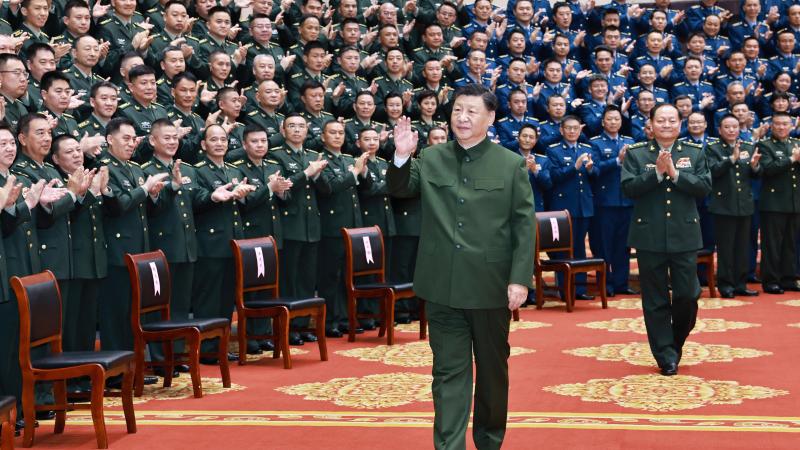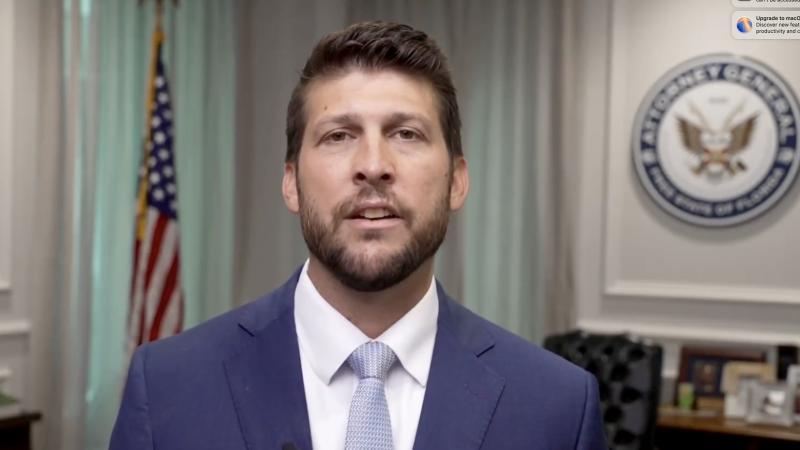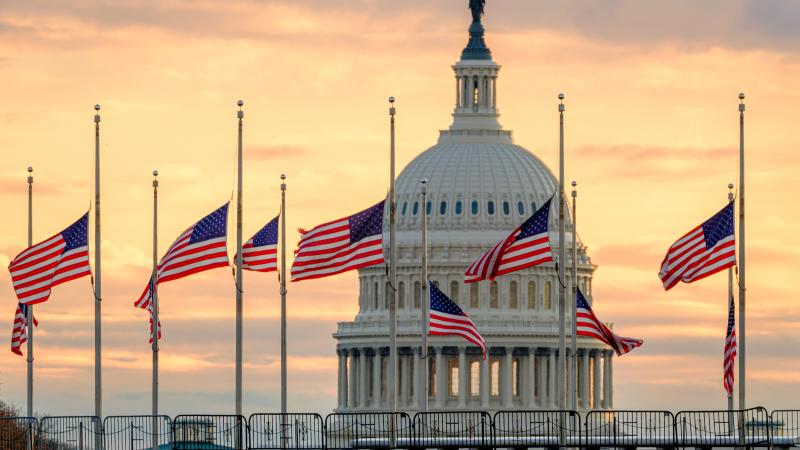Russian troop movements shouldn't scare anyone, Moscow says. But others watch with alarm
Russia's conspicuous recent military actions near Ukraine have sparked speculation over what Moscow plans to do.
Moscow delivered enigmatic messages on Monday about recent Russian troop movements, sparking an uptick in international speculation over the Kremlin's intentions regarding Ukraine.
"The Russian army is moving on Russian territory in the directions it considers necessary, as it sees fit to ensure the lasting security of our country," the Kremlin's spokesman, Dmitry Peskov, told reporters in a Monday press briefing. "This shouldn't cause the slightest concern to anyone."
The briefing followed the latest in a series of conspicuous military actions, wherein a convoy of army vehicles with concealed license plates traveled during the Easter weekend through Russia's Rostov Oblast in southwestern Russia. The region is near the border with disputed areas of Ukraine.
The existence of the "shy" convoy prompted questions April 5 over whether the vehicles would "get lost" and wind up in Ukraine.
"No one is or has been wandering," Peskov said of the convoy, adding: "Russia doesn't pose a threat to any country in the world, including Ukraine. But it is always very attentive to its own security."
The comments and the troop movements brought a fresh round of commentary aimed at decoding the situation and what Moscow aims to do.
"The Russian military build-up close to the Ukrainian border is a reminder that the war in Ukraine is not a frozen conflict," said Alyona Getmanchuk, director of the Kiev-based New Europe Center, in a statement. "On the contrary, Russia's war against Ukraine remains very much active and ongoing."
The situation is volatile, observers said; but, some noted, it might not lead to war.
"In recent days, Moscow has moved more weapons and troops around, and let loose a volley of nasty threats," said the Atlantic Council's Melinda Haring in a statement. "The situation is more dangerous, but let's see it for what it is. Putin may be doing it in his own thuggish way, but he's doing something other world leaders are doing — testing the new American president."
Moscow's overt buildup is a message both to Washington and Kiev that the Kremlin will forcefully repel any efforts to recoup the disputed Donbas region of Ukraine, one Moscow-based analyst recently wrote.
"The ostentation with which the troops are being moved confirms that Russia is saber-rattling rather than contemplating a blitzkrieg," Maxim Samorukov wrote in a Monday essay. Whereas Ukraine and Russia each accuse the other of provoking military action, he noted, neither side would want to engage in full-out war.
Tensions escalated between Kiev and Moscow several months ago, when the two countries' respective governments reached an impasse over the situation in Donbas.
Russia then sparked alarms late last month at the end of an annual military exercise in Crimea, which Russia annexed from Ukraine in 2014. Instead of leaving the region as per usual when the exercise ended, roughly 2,000 troops remained in the region. Additionally, the Ukrainian armed forces said that a Russian mortar attack killed four Ukrainian soldiers and wounded two others.
The situation prompted a flurry of phone calls from Chairman of the Joint Chiefs of Staff Mark Milley and Secretary of State Antony Blinken to their respective overseas counterparts.
The Pentagon has said little about intelligence or plans regarding the situation in eastern Ukraine.
"We pledged publicly to standing up and supporting the territorial integrity of Ukraine and calling on Russia to respect that territorial integrity," Pentagon spokesman John Kirby said Monday in a press briefing.
















